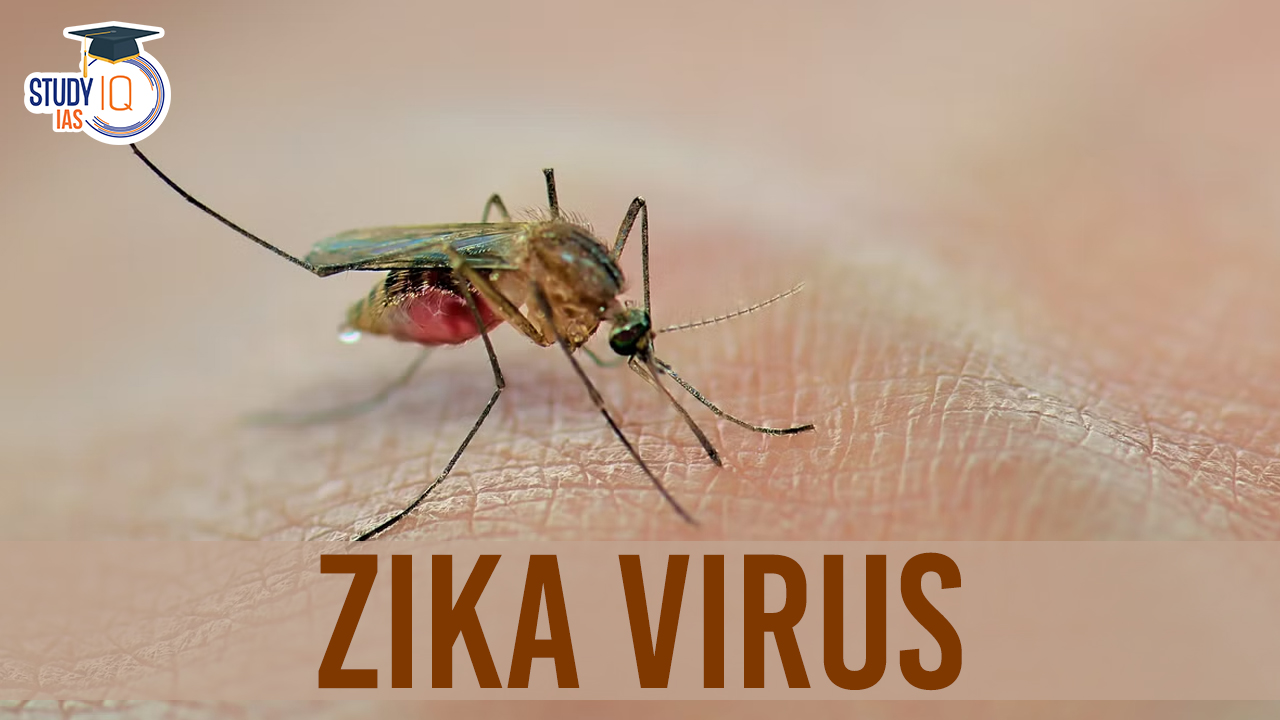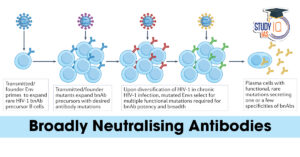Table of Contents
The Karnataka Health Department has taken proactive measures after the detection of the Zika virus in a mosquito pool collected from Talakayalabetta village in the Chikkaballapura district. The National Institute of Virology’s state unit in Bengaluru confirmed the presence of the Zika virus in mosquito samples collected in the area.
Zika Virus
The Zika virus is a mosquito-borne virus that was first identified in the Zika Forest of Uganda in 1947. It is primarily transmitted to humans through the bite of infected Aedes mosquitoes, particularly Aedes aegypti and Aedes albopictus. The Zika virus can also be transmitted through sexual contact, from mother to fetus during pregnancy, and through blood transfusions.
We’re now on WhatsApp. Click to Join
Zika Virus Bangalore
The Zika virus was detected in a mosquito in Chikkaballapur, near Bengaluru, in August. The Karnataka Health Department issued a high alert after the detection. All fever cases in the area are being analyzed.
Zika can stay in semen and may be passed to a partner (and the fetus) for months after infection, even if there are no symptoms. If a pregnant partner becomes infected with Zika, it can cause serious birth defects.
Zika Virus Alert in Karnataka
The Karnataka health department is on high alert after Zika virus was detected in a mosquito in Chikkaballapur district. The virus was found in a sample taken from Talakayalabetta village in Sidlaghatta Taluk, around 60 km from Bengaluru, in August. The health department has issued an alert around Talkaebetta from where the sample belonged.
The health department has issued an advisory to address the Zika virus situation:
- Serum samples from individuals with specific symptoms should be sent to the NIV for testing.
- Serum and urine samples from pregnant women in affected areas must be collected and tested.
- Data on recent deliveries should be collected to check for congenital anomalies.
- Private healthcare providers should be educated about Zika Virus Disease (ZVD).
- Intensify Aedes mosquito surveys, source reduction, and fever surveys in both urban and rural areas.
- Designate a 5-kilometer ‘Containment Zone’ around Zika-positive cases, with daily house-to-house visits by health staff and ASHA workers for Aedes larvae and fever surveys.
Zika Virus in India
Zika Virus has been sporadically reported in India. The virus, transmitted primarily by Aedes mosquitoes, can cause mild to severe illness. In 2018, an outbreak occurred in Rajasthan and Gujarat, raising health concerns. Preventive measures and surveillance efforts were intensified, and the situation was subsequently controlled. Ongoing vigilance is maintained to detect and manage any potential outbreaks. Pregnant women are particularly at risk due to Zika’s link with congenital anomalies, such as microcephaly in newborns. Public health authorities continue to monitor and respond to any Zika cases to minimize its impact on public health in India.
Zika Virus Disease (ZVD)
Zika Virus Disease (ZVD) is an infectious illness caused by the Zika virus, primarily transmitted through the bite of infected Aedes mosquitoes. ZVD often manifests as mild flu-like symptoms, including fever, rash, joint pain, and red eyes. However, it gained worldwide attention due to its potential to cause severe birth defects when contracted by pregnant women, resulting in microcephaly in their infants. Prevention primarily involves mosquito control measures, such as insect repellent and eliminating breeding sites. While the outbreak peaked in 2016, ongoing surveillance is crucial, as Zika remains a concern in regions where Aedes mosquitoes are prevalent.
Zika Virus Symptoms
Common symptoms of Zika virus infection include:
- Fever: Usually mild to moderate in intensity.
- Rash: Often presents as an itchy rash.
- Joint Pain: Typically affects the smaller joints.
- Conjunctivitis (Red Eyes): Eye redness and irritation.
These symptoms typically appear a few days to a week after being bitten by an infected mosquito and can last for several days to a week. Importantly, some individuals infected with Zika may not show any symptoms at all.
Zika Virus Treatment
As of my last update in January 2022, there is no specific antiviral treatment for Zika virus. Zika is primarily a self-limiting and mild illness in most cases, and treatment mainly focuses on managing the symptoms. Individuals infected with Zika virus are typically advised to:
- Rest: Getting plenty of rest is important to help the body fight off the infection and recover.
- Hydration: Staying well-hydrated by drinking fluids is essential, particularly if there is fever or other symptoms.
- Pain and Fever Relief: Over-the-counter pain relievers like acetaminophen (paracetamol) can be taken to alleviate fever and pain. However, individuals should be cautious about using non-steroidal anti-inflammatory drugs (NSAIDs) as they may increase the risk of bleeding.
- Avoid Mosquito Bites: It is crucial for individuals with Zika virus to prevent further transmission by avoiding mosquito bites. This includes using insect repellent, wearing long-sleeved clothing, and using bed nets.
Zika Virus and Microcephaly
Zika virus infection during pregnancy is a major concern due to its association with microcephaly and other congenital anomalies in newborns. Microcephaly is a condition in which a baby is born with a smaller-than-normal head and underdeveloped brain. It can lead to significant developmental issues and intellectual disabilities.
Pregnant women in areas with active Zika transmission are advised to take extra precautions to prevent infection, as it can have severe consequences for the developing fetus. This includes using mosquito repellent, wearing protective clothing, and avoiding travel to Zika-affected areas during pregnancy.
Zika Virus UPSC
Zika virus, transmitted by Aedes mosquitoes, was detected in Talakayalabetta village, Chikkaballapura district, near Bengaluru, India, in August. The Karnataka Health Department issued an alert, urging vigilance. Zika infection can lead to severe birth defects, making pregnant women vulnerable. Preventative measures include mosquito control, fever surveillance, and a 5-kilometer ‘Containment Zone’ around affected cases. No specific antiviral treatment exists; care focuses on symptom management, rest, and hydration. Zika’s symptoms include fever, rash, joint pain, and red eyes, and some may be asymptomatic. Continuous surveillance is in place to monitor and respond to potential outbreaks in India.


 Advanced Air Defence Radars: Types, Comp...
Advanced Air Defence Radars: Types, Comp...
 Ion Chromatography, Working and Applicat...
Ion Chromatography, Working and Applicat...
 Broadly Neutralising Antibodies (bNAbs):...
Broadly Neutralising Antibodies (bNAbs):...




















